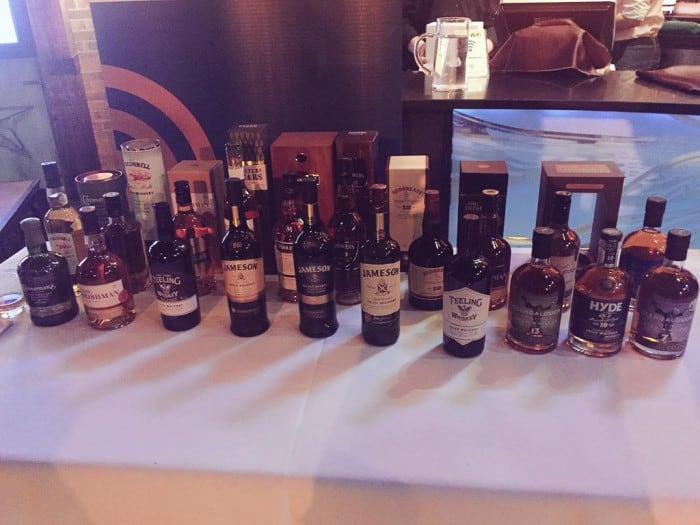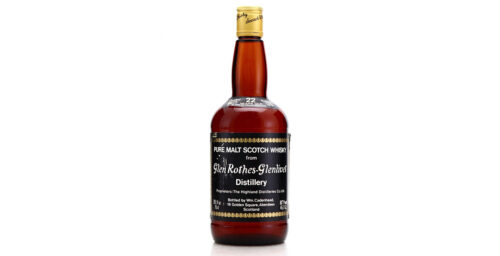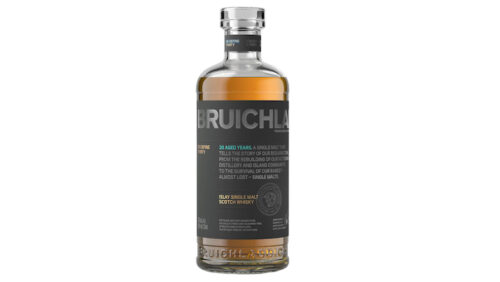The Irish government, looking to protect the integrity of its nation’s resurgent Irish whiskey sector, introduced this week some new regulations designed to make sure what you are drinking is actually what you expect in the bottle. It is a smart move by Ireland officials, to say the very least.
Irish whiskey, along with Irish poitin and Irish cream, are protected under European law as so called “Geographical Indications.” This basically means they must be produced in Ireland proper in “accordance with strict technical specifications” as laid forth by the European Union (EU).

The new rules, as spelled out by Irish Minister for Agriculture, Food and the Marine, Simon Coveney T.D., give government officials “strong enforcement powers to ensure that spirit drinks labelled with these protected designations are manufactured in Ireland in accordance with the approved technical specification. The designations cannot be used on products manufactured elsewhere in the EU. The regulations also apply to a range of other protected spirit drinks manufactured within the EU.”
“These regulations mean that inferior products or those that do not share the uniquely Irish heritage of these protected Geographical Indications cannot be sold as Irish Whiskey, Irish Poitin or Irish Cream,” said Coveney in a statement. “They can help to protect the reputation and integrity of these products, but also to protect Irish jobs. From a consumer perspective, they will also give assurance to customers, at home and abroad, of the quality of the unique spirit products they are consuming.”
Ireland is moving to protect its whiskey industry at a time when there is tremendous growth in the sector already under way. Data from the Irish government indicates that, in the last decade alone, exports of this whiskey category “grew by almost 200% and the sector employs over 750 people. In 2014, close to 7 million cases of Irish whiskey were exported to over 100 countries. Exports are set to exceed 12 million cases by 2020 and 24 million cases by 2030. Three years ago, the island of Ireland had four distilleries in operation – in the next three years that number could grow to over 20.”
Companies producing Irish whiskey will ultimately be subject to regular “verification” checks to make sure the spirit is being crafted to the correct regional specifications. As to what that exactly is, a report from the BBC indicates the Irish Whiskey Act of 1980 spells out the “characteristics of Irish whiskey and its production.” These are said to include:
- (1) For the purposes of any statute or instrument made under statute spirits described as Irish whiskey shall not be regarded as corresponding to that description unless the requirements regarding spirits contained in subsection (3) of this section are complied with as regards the spirits.
- (2) For any of the purposes mentioned in subsection (1) of this section spirits described as blended Irish whiskey shall not be regarded as corresponding to that description unless—
- (a) the spirits comprise a blend of two or more distillates, and
- (b) the requirements regarding spirits contained in subsection (3) of this section are complied with as regards each of the distillates.
- (3) The following are the requirements referred to in subsections (1) and (2) of this section regarding spirits;
- (a) the spirits shall have been distilled in the State or in Northern Ireland from a mash of cereals which has been—
- (i) saccharified by the diastase of malt contained therein, with or without other natural diastases,
- (ii) fermented by the action of yeast, and
- (iii) distilled at an alcoholic strength of less than 94.8% by volume in such a way that the distillate has an aroma and flavour derived from the materials used,
- (b) the spirits shall have been matured in wooden casks—
- (i) in warehouse in the State for a period of not less than three years, or
- (ii) in warehouse in Northern Ireland for such a period, or
- (iii) in warehouse in the State and in Northern Ireland for periods the aggregate of which is not less than three years.
- (a) the spirits shall have been distilled in the State or in Northern Ireland from a mash of cereals which has been—
- (4) For the purposes of subsection (3) of this section the alcoholic strength at which spirits are distilled shall be ascertained in the same manner as that in which such ascertainment is for the time being arrived at for the purposes of customs and excise.



